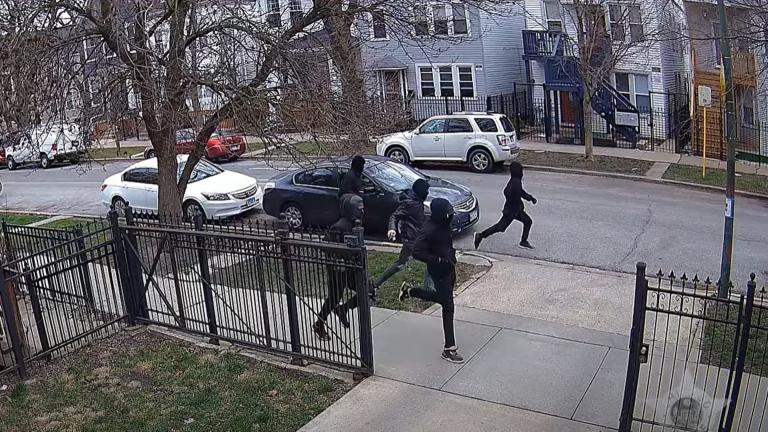 (WTTW News)
(WTTW News)
Illinois recorded more criminal exonerations than any other state in 2020, according to a new report, which found nearly all of those cases were tied to a disgraced former Chicago police detective and his team.
The National Registry of Exonerations on Tuesday released its annual report, which found Illinois led the nation in criminal exonerations for the third year in a row. Of the 22 exonerations recorded in the state last year, the vast majority were drug possession or sale convictions tied to ex-CPD Sgt. Ronald Watts.
“Illinois’s ranking continues to be driven by the large number of exonerees tied to misconduct of corrupt police officers led by Sgt. Ronald Watts of the Chicago Police Department, who planted drugs on people after they refused to pay officers attempting to extort money from them,” the report states.
According to the report, 17 of those 22 exonerations were tied to Watts, who led a tactical team that has been accused of manufacturing dozens of drug cases over the course of several years against residents and guests of the Ida B. Wells housing project in the Bronzeville neighborhood.
Watts resigned from the police department in 2012 after he and another officer, Kallatt Mohammed, pleaded guilty to stealing money from a federal informant.
The report also highlights the work of the Conviction Integrity Unit within the Cook County State’s Attorney’s Office, which began dismissing Watts-related convictions back in 2016 and have thus far dismissed more than 100 cases tied to Watts and his team.
That work has continued into 2021, as nine more convictions tied to Watts were dismissed in February. And just this month, the Civilian Office of Police Accountability completed its first investigation into current Chicago police officers who worked on the Watts tactical team, though that has not yet been made public.
While Illinois once again led the nation in exonerations (Michigan was second with 20, followed by Texas with 15.), the statewide total has decreased over the past three years, falling from 49 exonerations in 2018, down to 30 in 2019 and finally 22 last year.
But as the report details the number of Watts-related cases being thrown out each year, it adds “There will be more.”
Contact Matt Masterson: @ByMattMasterson | [email protected] | (773) 509-5431








